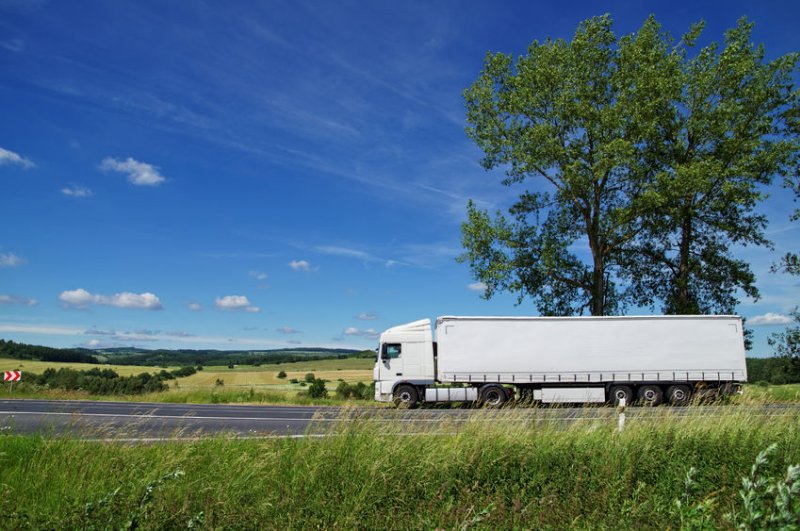Coronavirus: Soil Association calls for shorter food supply chains

Shorter food supply chains could make the UK more resilient in the face of pandemics and climate change, a new report by Soil Association says.
With Covid-19 exposing cracks in the UK food system, the charity said sustainable sourcing would increase resilience as well as boost the environment.
It said government has 'key roles' to play in incentivising regional and more sustainable production through redirecting the £2bn spent annually on public sector food.
The report recommended re-writing public procurement regulations to allow a wider range of suppliers, no matter their size, to have flexible access to food contracts in places like schools and hospitals.
It suggested moving away from the practice of having many fixed, high volume contracts with one large provider, which 'lock out' smaller and regional businesses.
Organic farmer Adrian Steele, one of the authors of the report, said the coronavirus had highlighted the 'fragility' of the UK's supply chains.
He said shorter, more direct food networks can be more resilient: "We need bold intervention from local and national governments to support a resilient food system in the face of climate change and pandemics.
“There are great examples already in the UK demonstrating that shorter supply chains can provide people with healthy and sustainable food sourced from their local area," he said.
The Soil Association added that the £2bn spent on food in schools and hospitals each year should be invested in a mix of businesses – both large and small – that were working to protect climate, nature and public health.
And establishing sustainability regulations, the report advised, would drive up demand that could be further assisted by using the Agriculture Bill to pay farmers to deliver 'public goods'.
The report also recommended investments in creating local 'food hubs' that co-ordinates collection, packing and distribution of regionally produced food.
This would allow smaller producers to sell food to people in their area without incurring big delivery costs, the charity said.








